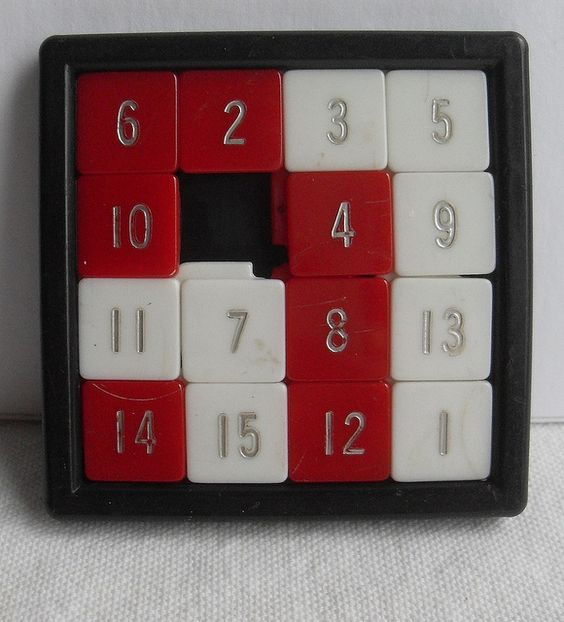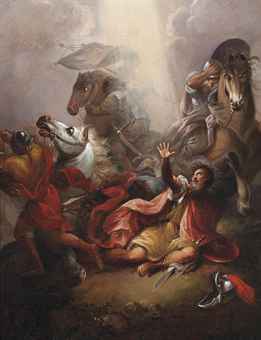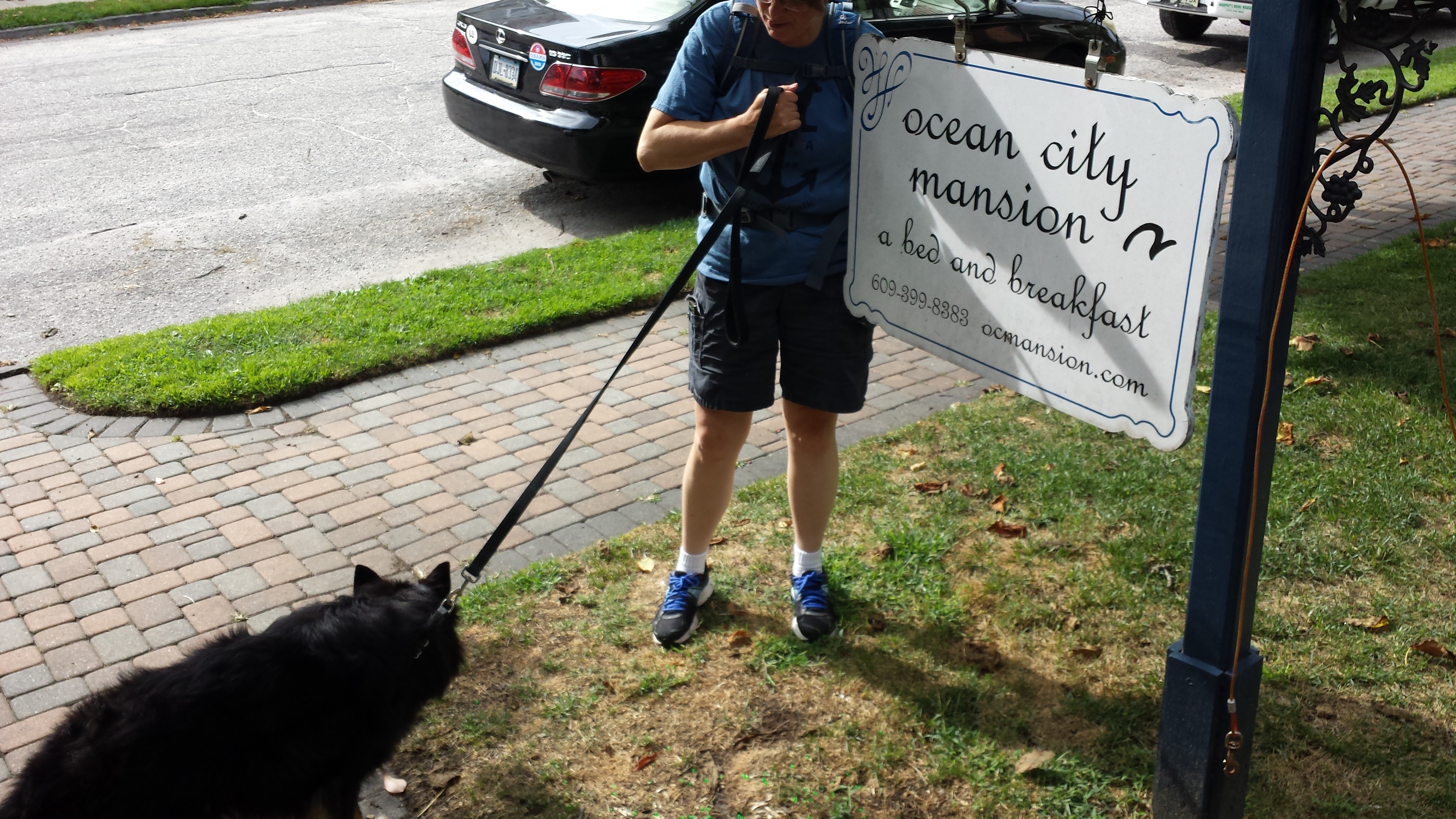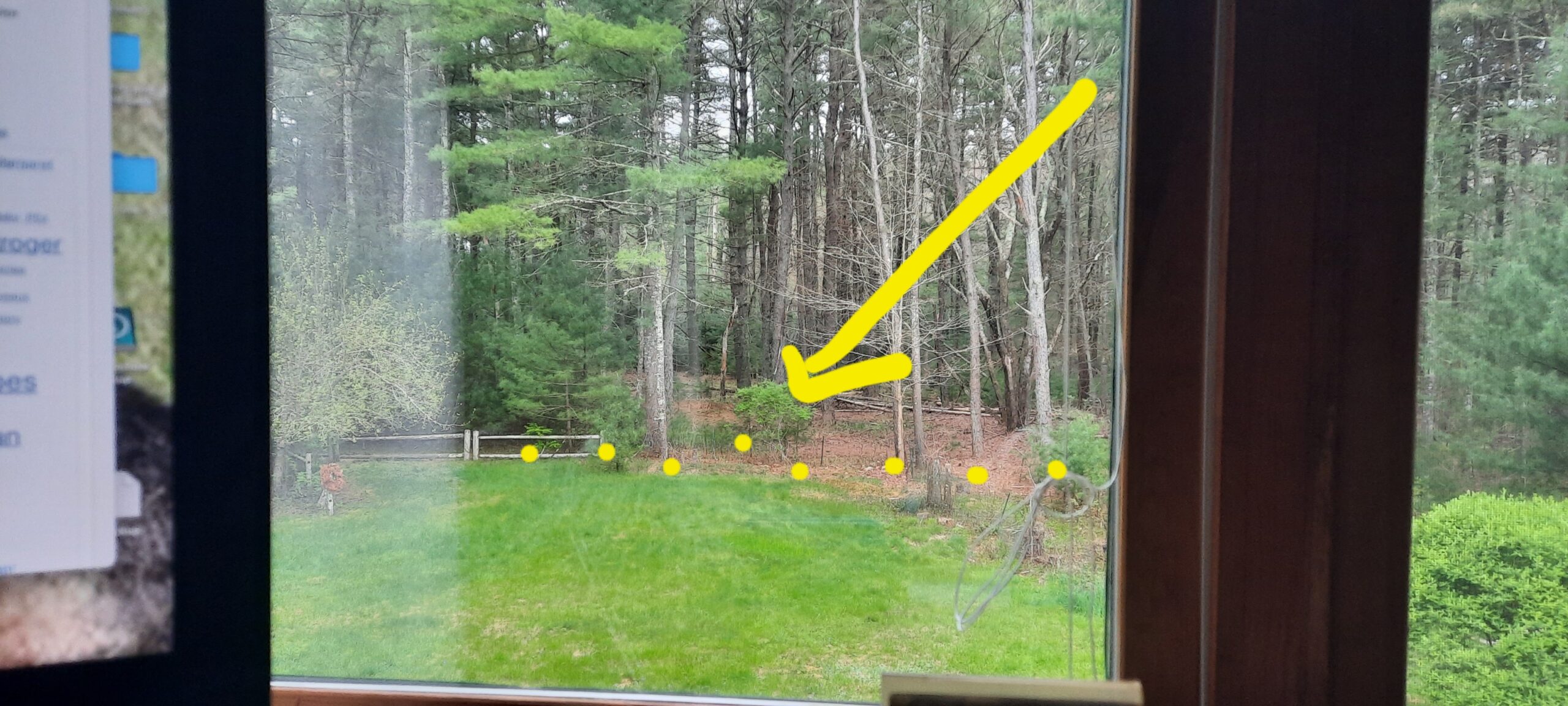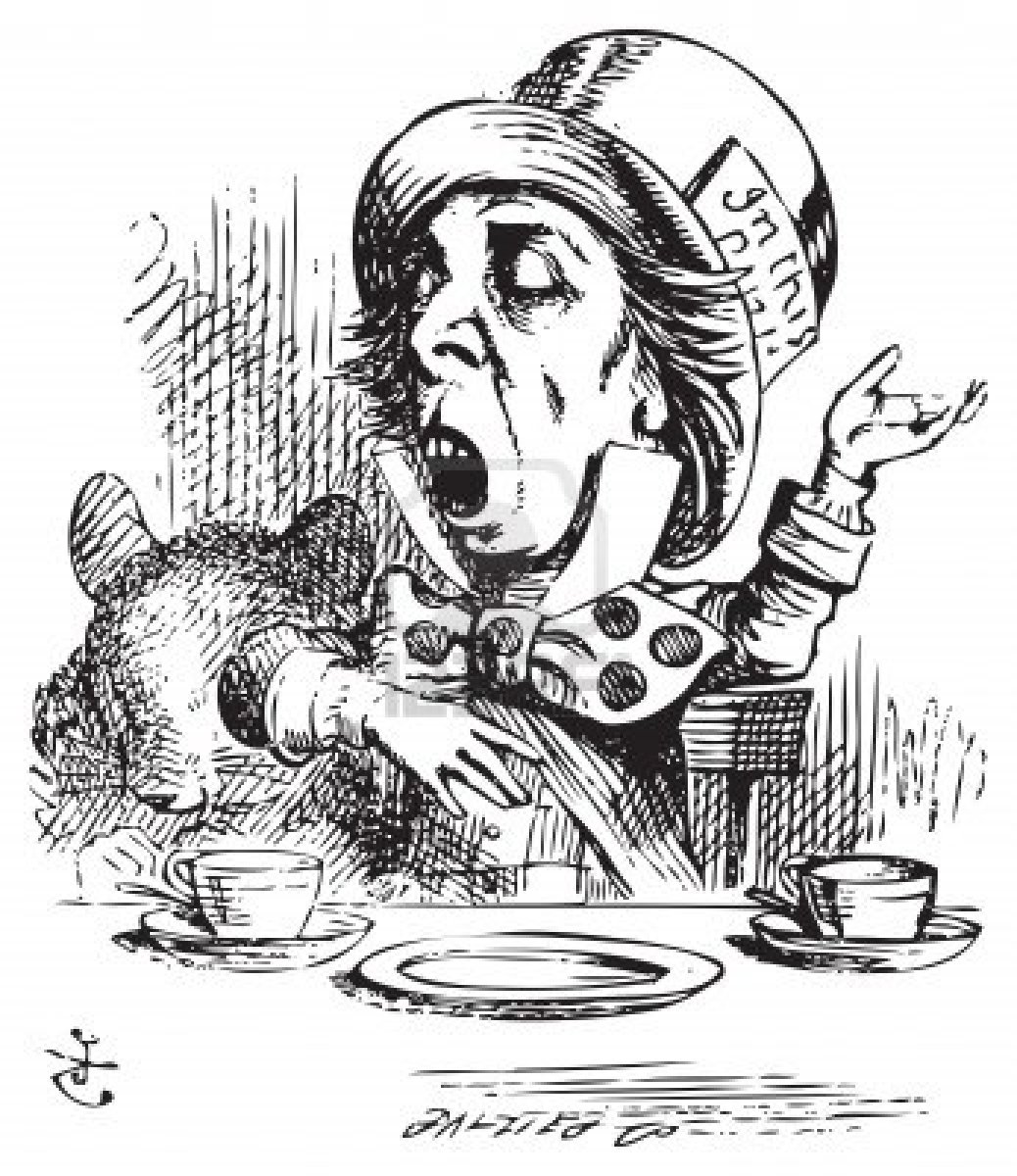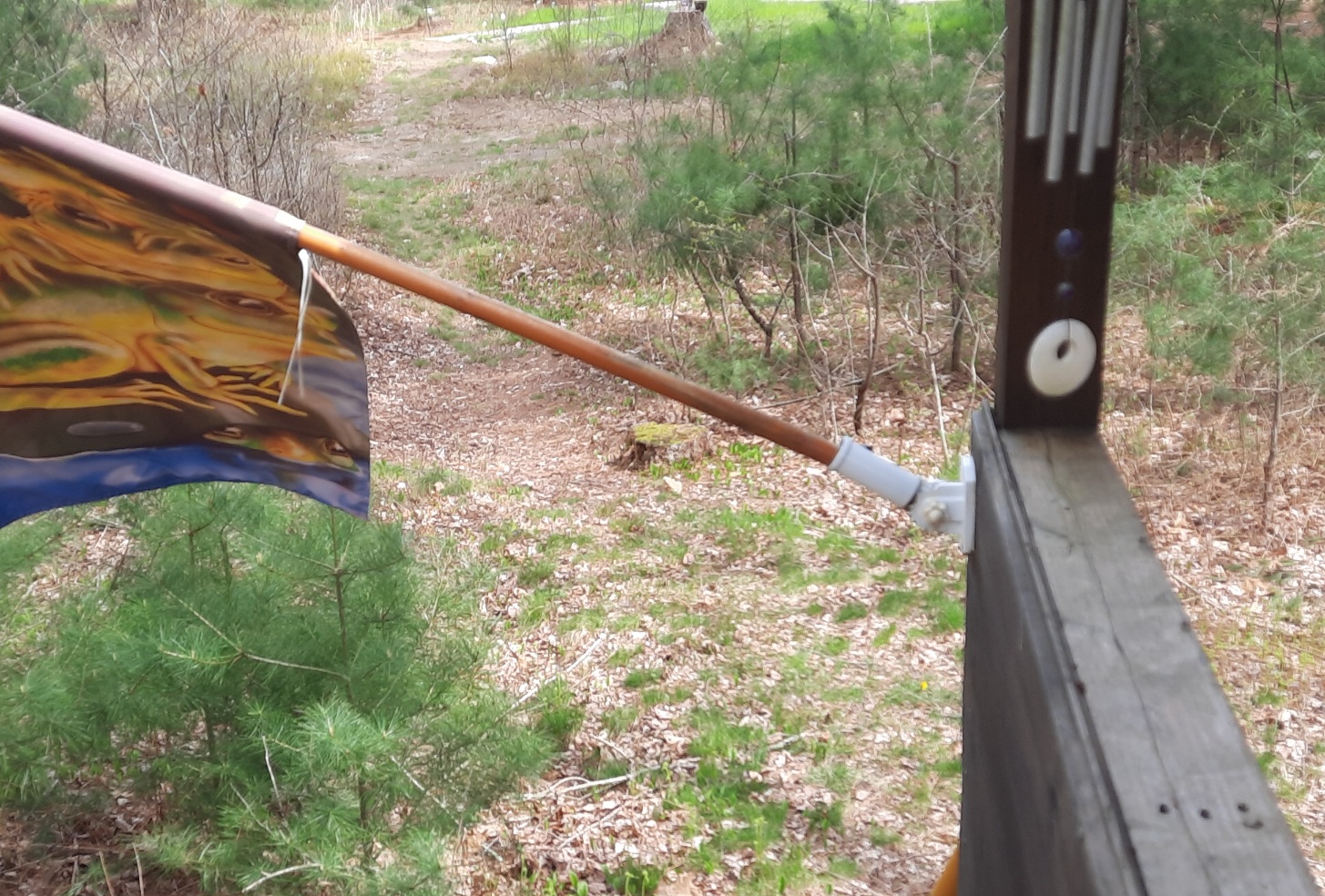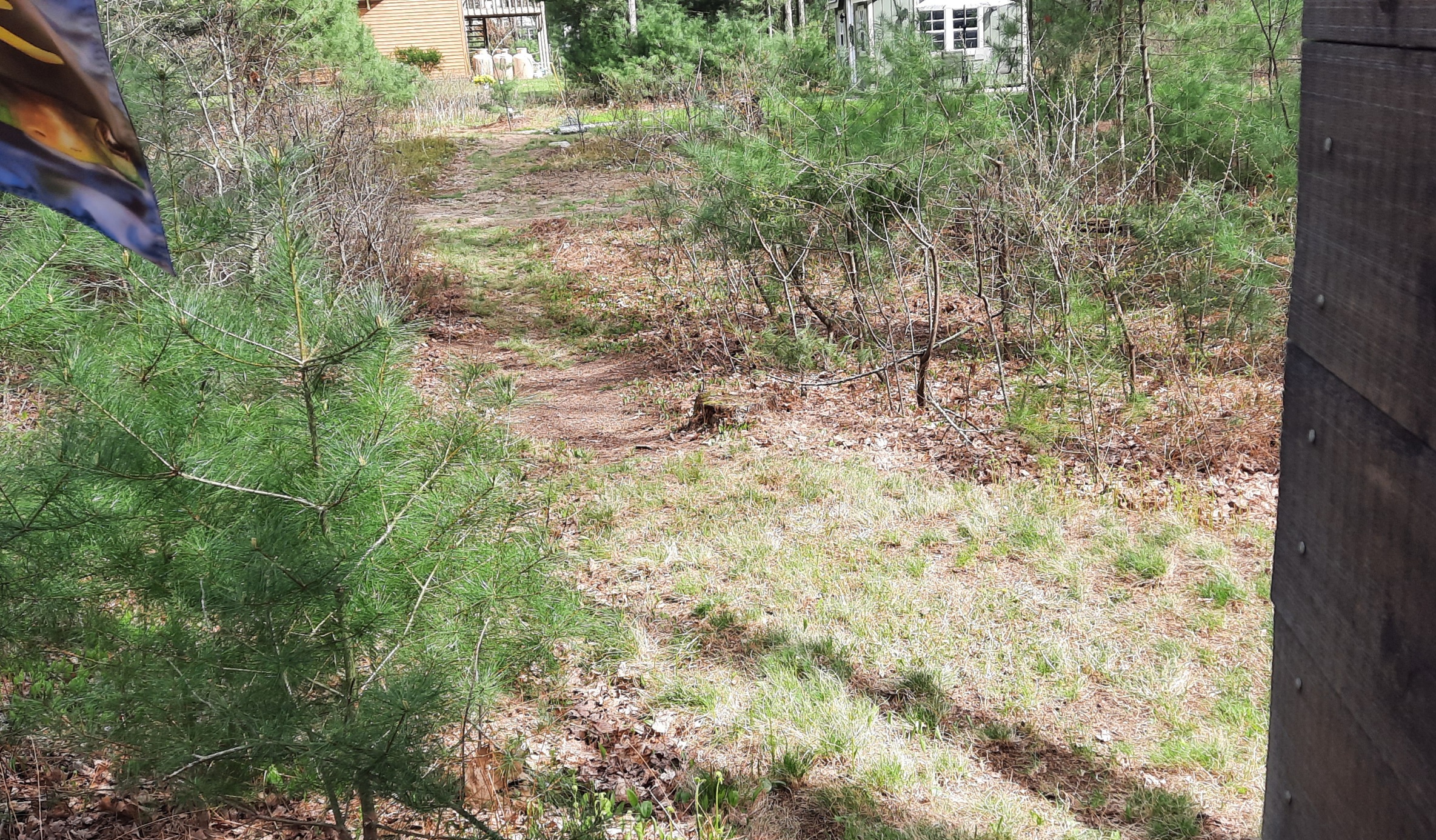Welcome to the Wakefield Doctrine (the theory of clarks, scotts and rogers)
ah! Mr. Tiny! To give us a hand to start the week.
Hold on….
there we go
“What?”
“Totally, phoned-in”?!!?
lol yeah, kinda
Promise to stop back in, got an inspection first this a.m., right after that we’ll come back try to … oh, wait,
This week we’ll totally be talking about the Six Sentence Café & Bistro. Mostly a description of the joint. Primarily ’cause we’re inviting you (or, if you’re currently reading over someone’s shoulder, the person at the keyboard) to stop in and visit a spell. We’ll introduce you around, show you the place… then, whatever you want to do! We are talking about virtual reality, yo.
Monday -the Wakefield Doctrine-
July 20, 2020Welcome to the Wakefield Doctrine (the theory of clarks, scotts and rogers)
Know how cool the Wakefield Doctrine is?
…besides knowing more about the other person than you have any right to, given that you saw them for the first time as they joined the raffle ticket spaced line at the supermarket.
It, the Doctrine, not the line at the supermarket, also allows you to better know your-own-self.
How? (You ask, rather rhetorically, seeing how you’re ‘out there’ while I’m still here typing. Hell, I haven’t even hit Publish yet. Damn! This is metaphysical gold!)
New Readers: If you’re here for the first time, we’re serious with the single word question. While it normally requires more than one data point* to figure out a person’s predominant worldview, aka personality type: clark(Outsider); scott(Predator) or roger(Herd Member), the process is simple.
Learn the nature of the (three personality types) relationship to the world around them along with their overt characteristics. Then, when you’re standing in the line, eliminate the one that, ‘There’s no fricken way they’re a ….” That leave two worldviews. Now observe as much as you can, without getting creepy or arrested, and one will make more sense than the other. Another analogy:
The three worldviews are distinct ways a person sees, (actually, the right word is ‘experience’), the world around them. Think of them, (the worldviews), as lenses at the optometrist and see which one produces the clearest, truest image. You know, “Look at the image. Is this one [click] clearer than [click] this one? Now, how about [click] this one?” Thats how we determine the worldview of the people around us and get a secret box-seat to their lifes and times and such.
Back to our special quality.
The cool thing is how the Doctrine, even as it allows us to better understand the world and the people who make it up, is a tool for self-improving ourselfs. And the key to this lies in the stated ambition/goal of learning and applying the principles of the Wakefield Doctrine, ‘How do I relate myself to the world around me.’
As always, this: I said ‘How do I relate myself…’ I did not say, ‘How do I relate to the world around me.’
Know the difference and the pilot light flashes green and you in business.
(Useful, btw, in any situation, not just figuring out another’s predominant worldview. If you find yourself in a conflict with someone, something, some event in the ‘real’ world, ask the question: How am I relating myself to the world around me.**)
* ‘ceptin, maybe a scott, specifically ‘the eyes of a scott‘ One of the more fun and amazing things about this here Doctrine here.
** don’t forget to use the correct wording! a short cut will only reinforce the problem.
*
